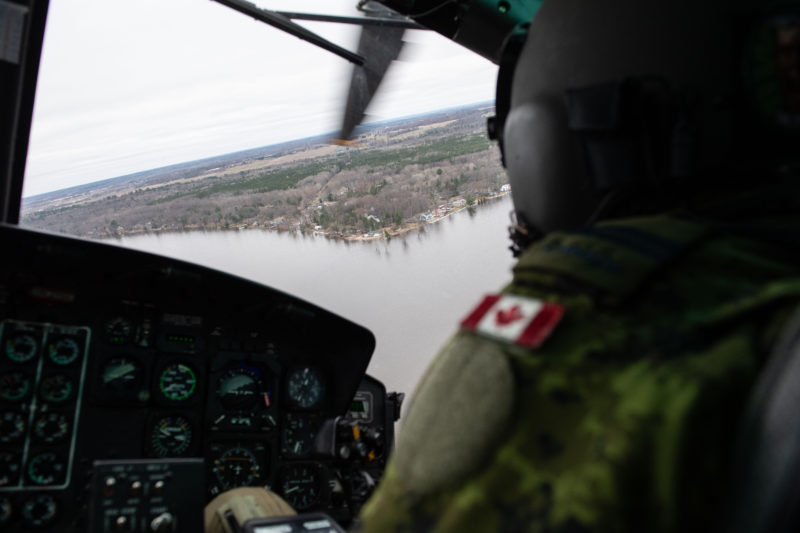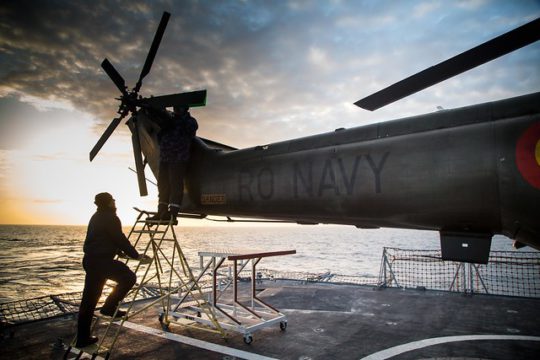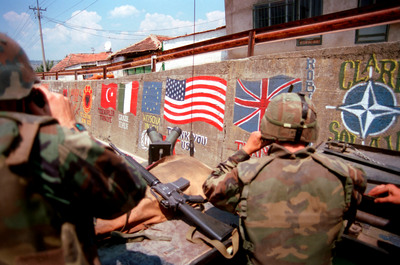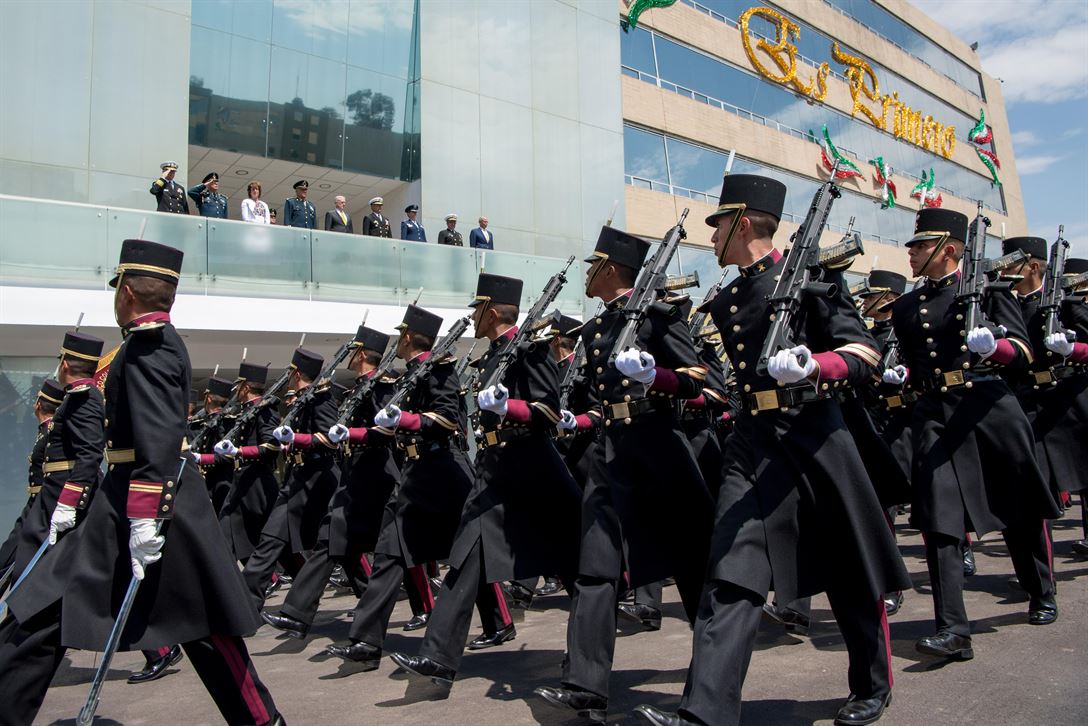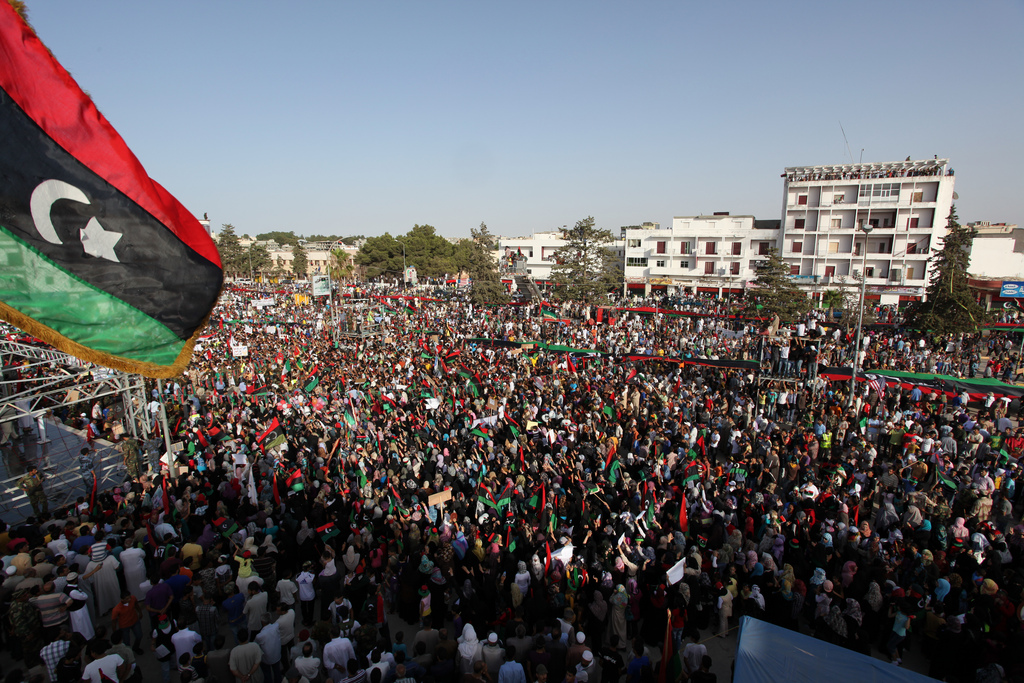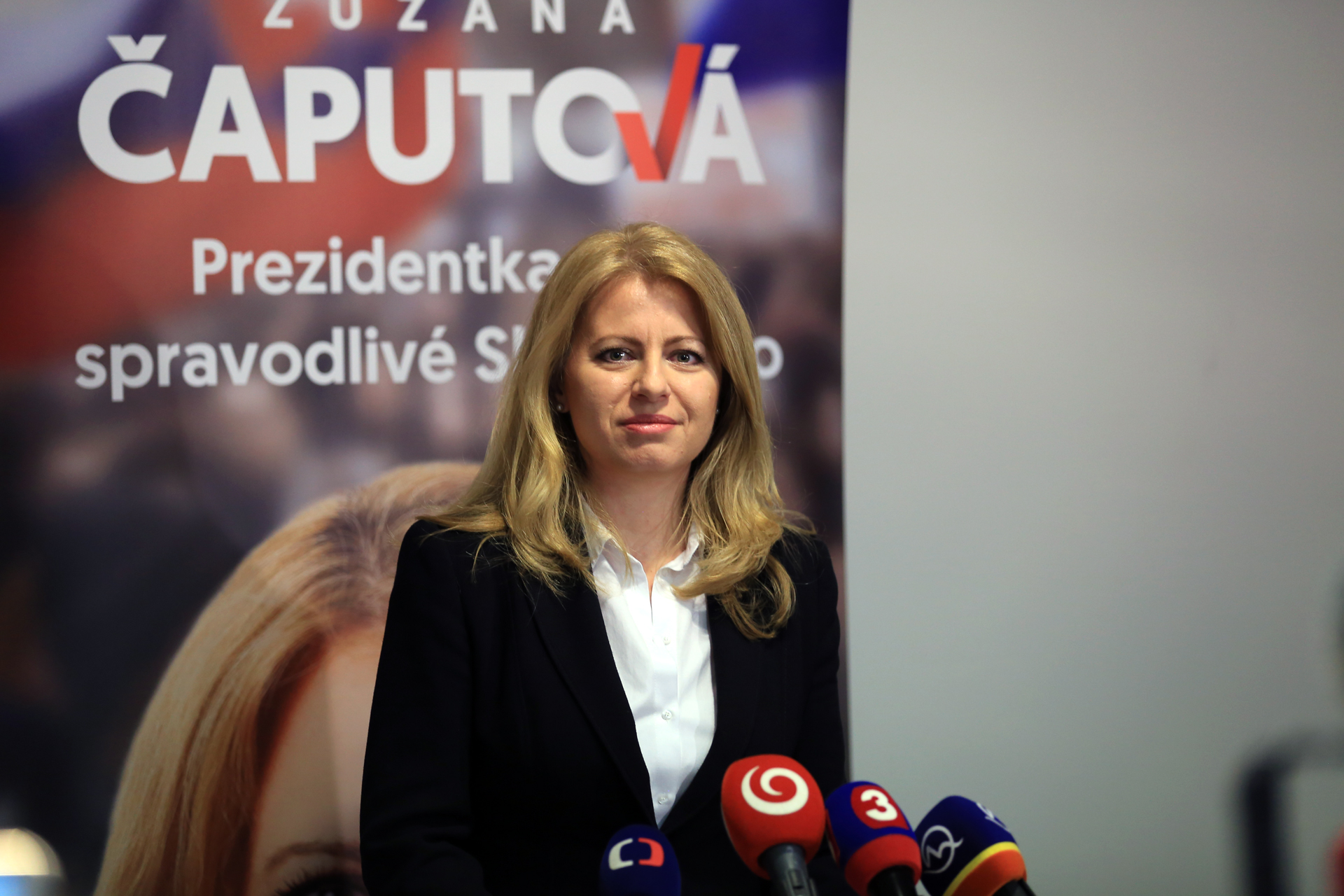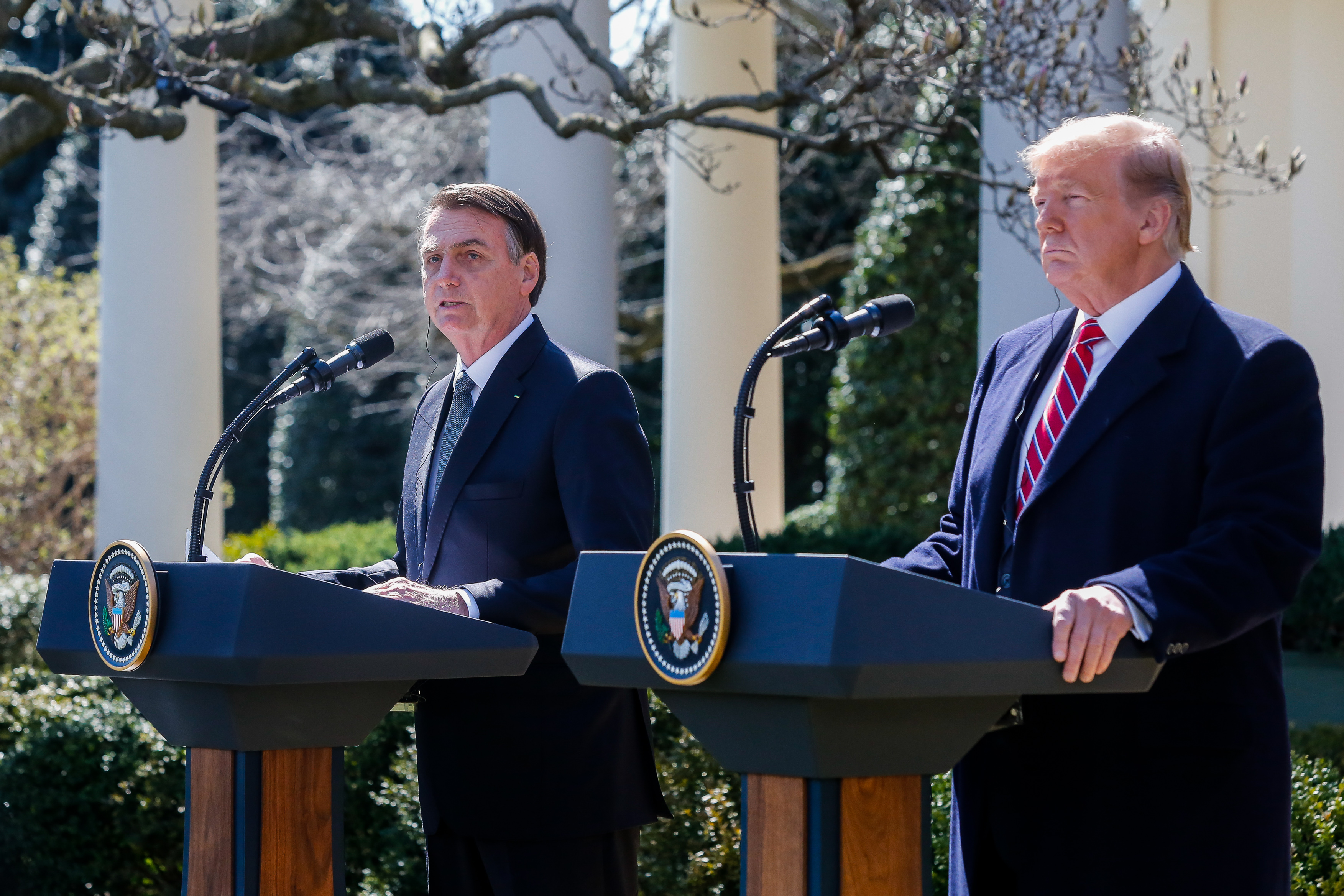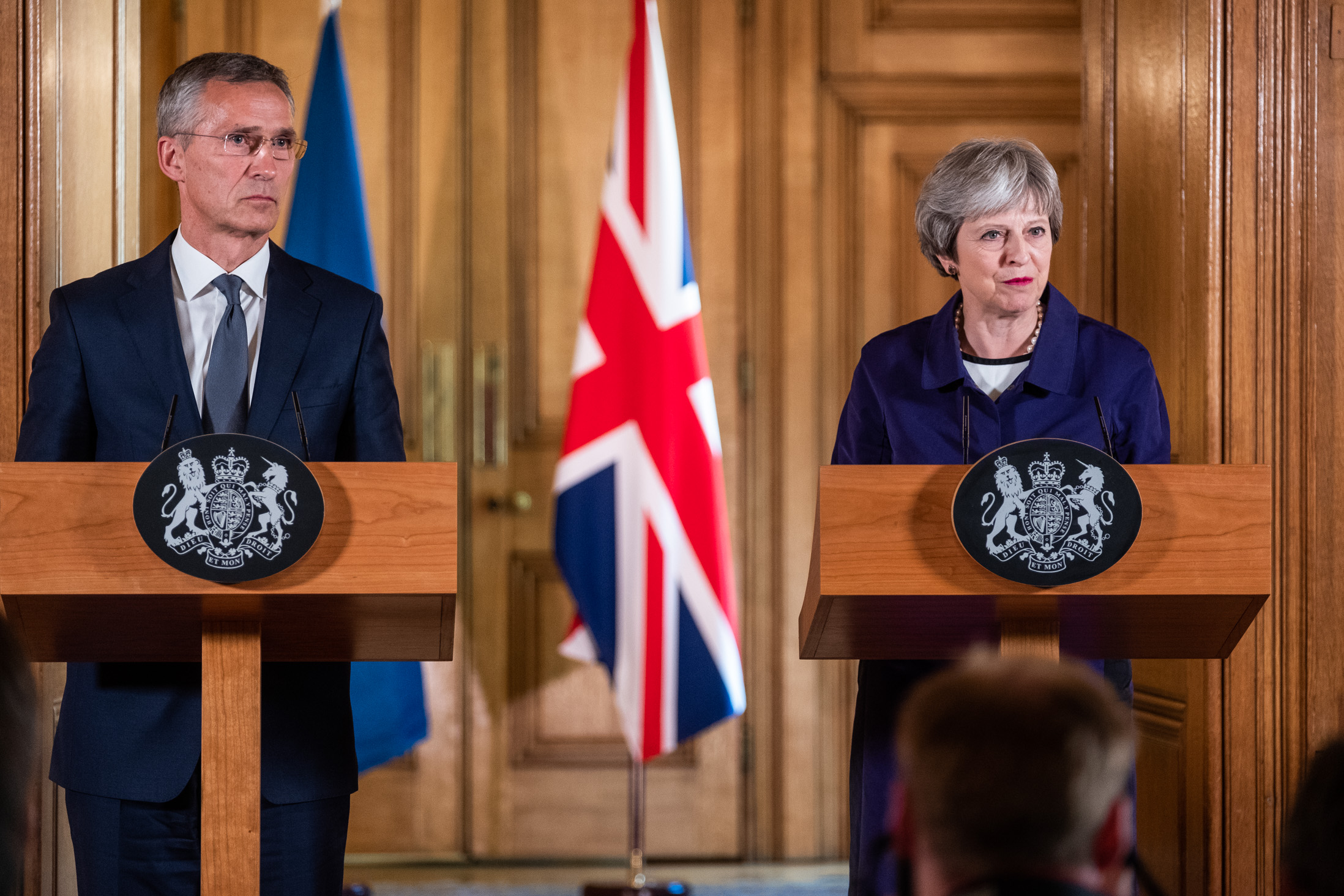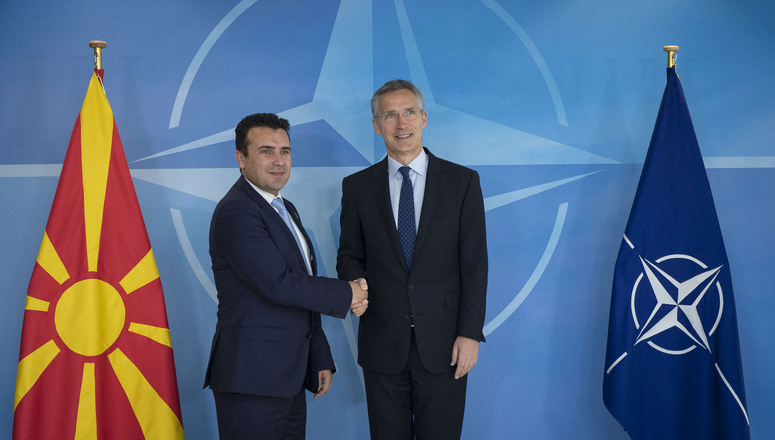In light of the latest wave of environmental emergencies gripping the country, David Lazzam examines the possibility of introducing substantial climate security goals to our national defence policy. Do the world’s militaries have a role to play in climate change prevention?
NATO and Canada
Since its inception in 1949, Canada has played an integral role in the North Atlantic Treaty Organization (NATO) and its numerous military and non-military engagements. As a founding member, Canada’s involvement over the past 70 years has varied from troop deployment and training in Europe during much of the Cold War, to activity abroad in places like Afghanistan and Libya. The articles in the NATO and Canada program examine NATO’s operational history and Canada’s role from a multitude of perspectives. The NATO Association of Canada aims to supply Canadians with a greater insight into the inner workings of this long-standing alliance and its Canadian contributions.
NATO in the Black Sea
Once upon a time, the Ancient Greeks referred to the Black Sea as the “Inhospitable Sea”, inspired by their navigational challenges and the hostile tribes living on its shores. The Black Sea has come a long way since then; today, its waters host vast energy deposits that are traded globally, busy shipping lanes, and countless Read More…
NATO’s 70th Anniversary
When the Treaty of Brussels was signed on August 25, 1948, the world was, geopolitically speaking, a strikingly different place. Just three years prior, Germany had signed its unconditional surrender, officially ending a war that left upwards of 60 million killed. When informed by advisors that Soviet forces were a day’s march from Berlin, Hitler Read More…
Exploring the Possibility of Mexican Membership in NATO
Mexico is ostensibly closer to the “North Atlantic” than places like Greece, Turkey, and definitely Georgia – all current or proposed members of NATO. So why isn’t it part of the conversation when it comes to future NATO accession and expansion?
Canada, NATO, and the ‘Dumbbell’ Concept
This year, NATO celebrates the 70th anniversary of its storied history – but the current multilateral structure of the alliance was not always a given. Since its 1949 inception, diplomats, politicians, and strategists have occasionally theorized a “Dumbbell” concept of NATO. What does this mean, and why did the “Dumbbell” never take shape?
Is Libya Ready for a Democracy?
Libya has experienced an ongoing political crisis since the Arab revolt and protests of 2011. The aftermath of the protests has led to a civil war, foreign military intervention backed by NATO, the ousting of the former President Muammar Gaddafi. The problems occurring in Libya can be traced back to Gaddafi’s downfall, as Libyan society Read More…
Slovakia’s New President: Hope for NATO Values?
Slovakia’s new president is an encouraging symbol for the future of NATO’s founding values of rule of law, democracy, and individual freedom in both Slovakia and the Central + Eastern European region.
No, President Trump, Brazil Cannot Join NATO
Naz Gocek examines the viability of President Trump’s proposal to make Brazil a NATO member and related impacts.
Brexit’s Impact on NATO and European Security
Naz Gocek explores what Brexit might mean for NATO and European security.
NATO Welcomes North Macedonia
Naz Gocek discusses the accession of North Macedonia to NATO and examines its geopolitical impacts

